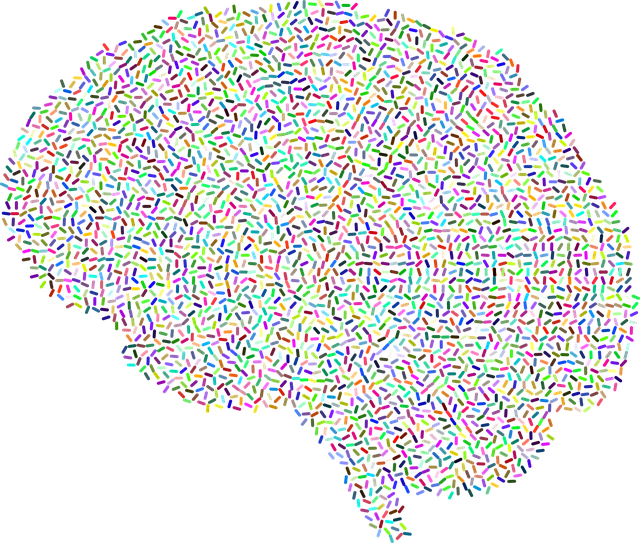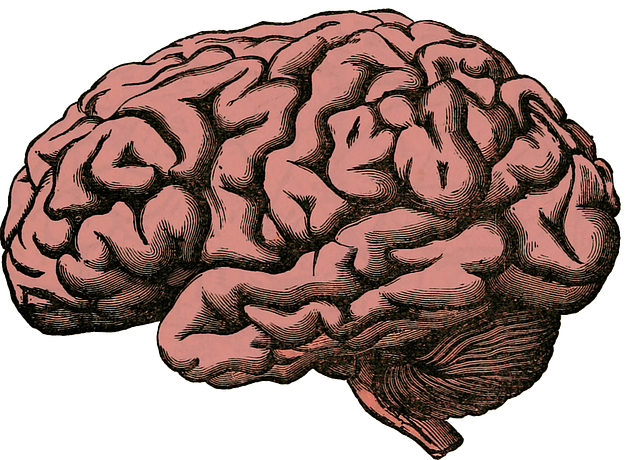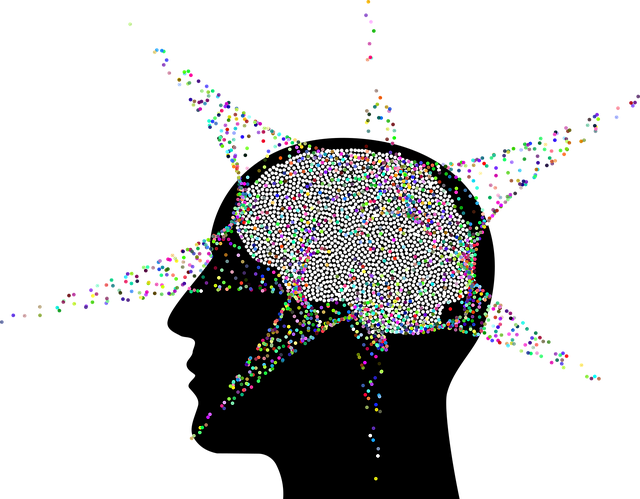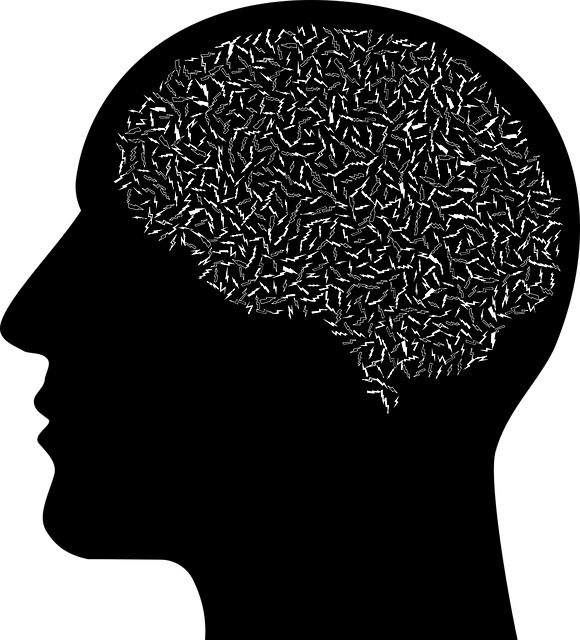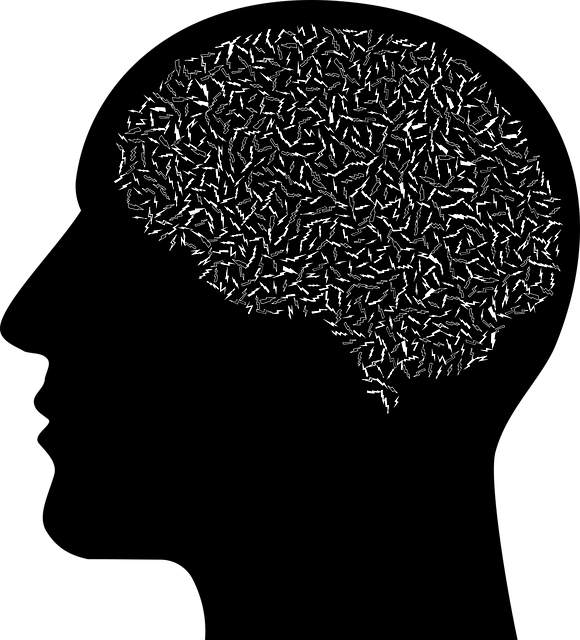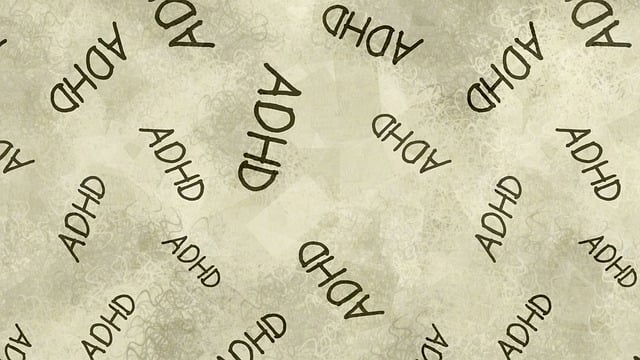After a divorce, therapy for divorce is crucial for addressing complex emotions like sadness, anxiety, anger, or relief. It provides a safe space to process these feelings, learn mental health strategies, and gain self-awareness. Combining professional therapy with mental wellness journaling and education helps individuals navigate their emotional landscape, fostering stability, healing, and resilience during this challenging transition.
Divorce can be a challenging and emotionally turbulent period, highlighting the importance of prioritizing mental wellness. This article explores the essential steps in developing a robust self-care routine post-divorce. We’ll delve into understanding your unique mental health needs, establishing a structured daily regimen, and incorporating therapy as a powerful tool for personal growth and healing. By implementing these strategies, you can navigate this life transition while nurturing your mind and emotional well-being.
- Understanding Your Mental Health Needs After Divorce
- Building Blocks of a Self-Care Routine
- Integrating Therapy for Personal Growth and Healing
Understanding Your Mental Health Needs After Divorce

After a divorce, understanding your mental health needs is crucial. The process can be emotionally taxing, and many individuals experience a range of feelings, from sadness and anxiety to anger or even relief. Recognizing these emotions and their impact on your well-being is the first step in developing a self-care routine. Divorce often necessitates seeking therapy, which can provide a safe space to process these complex emotions and work through any underlying issues that may have contributed to the relationship breakdown.
Mental health education programs designed specifically for divorcees can offer valuable tools and communication strategies to manage stress and maintain resilience. These programs often emphasize the importance of self-compassion and healthy coping mechanisms, which are essential for preventing burnout, a common issue among those navigating post-divorce life. By combining professional therapy with personal mental health education and effective communication techniques, individuals can better navigate their emotional landscape and foster a sense of stability and healing.
Building Blocks of a Self-Care Routine

Building a self-care routine is a powerful tool for navigating life’s challenges, especially after a significant event like divorce. Therapy for divorce can offer valuable guidance on creating healthy coping mechanisms and nurturing mental wellness. One essential component of this process involves incorporating regular self-reflection practices.
Mental Wellness Journaling Exercise Guidance can be a game-changer in one’s post-divorce journey. Dedicating time to write down thoughts, emotions, and experiences allows individuals to process their feelings, identify patterns, and gain clarity. This practice encourages self-awareness, which is crucial for understanding one’s triggers and developing effective strategies for stress management and depression prevention. By fostering a deeper connection with oneself, journaling becomes a transformative tool in the quest for better mental health and overall well-being.
Integrating Therapy for Personal Growth and Healing

Integrating therapy into your self-care routine can be a powerful tool for personal growth and healing, especially during challenging life transitions such as divorce. Divorce often brings about a storm of emotions, leaving individuals feeling vulnerable, anxious, or even depressed. Therapy provides a safe space to process these feelings and work through the complexities that arise post-divorce. This process allows for increased self-awareness, helping one understand their triggers and develop effective coping mechanisms. Through therapy, individuals can learn to navigate their emotional landscapes, improve their mental health, and build resilience.
For those seeking support, Stress Management Workshops Organization offers specialized programs designed to aid in divorce recovery. These workshops not only provide a platform for learning practical stress management techniques but also foster a sense of community and understanding. By engaging in these activities, individuals can proactively enhance their mental wellness and embark on a journey of personal healing, ensuring they navigate the transition with grace and strength.
In navigating the complexities of divorce, prioritizing mental wellness is paramount. By understanding your unique needs, building a structured self-care routine, and integrating therapy as a powerful tool, you can foster personal growth and healing. These strategies empower individuals to not only survive but thrive amidst life’s challenges, ultimately enhancing their overall well-being. Embracing Therapy for Divorce can be a transformative game-changer in this journey towards mental wellness.

